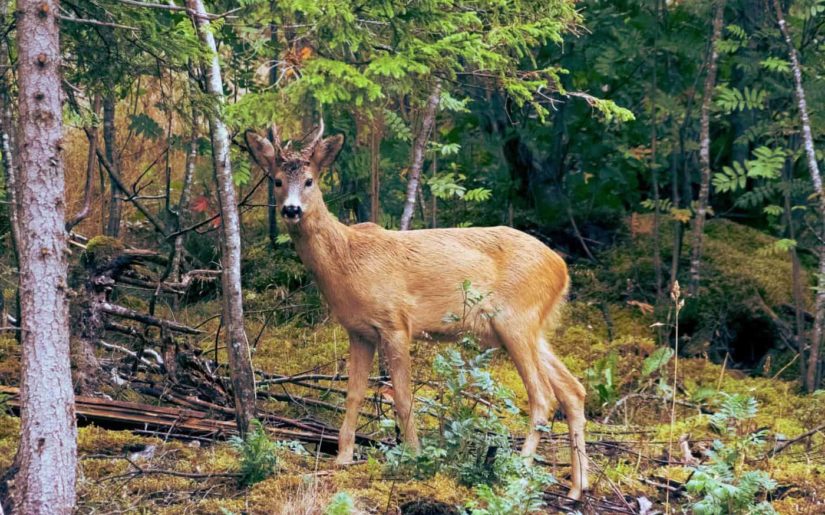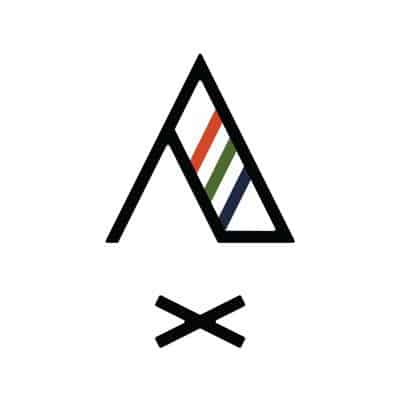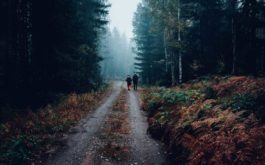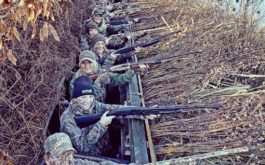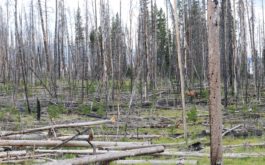The word hunting evokes extreme opposite beliefs and viewpoints. The opinion of those that have had the tradition of hunting passed down in their family for generations. And these views are going to differ dramatically from those that haven’t. Many people who are removed from the world of hunting view the idea of hunting as inhumane and wrong. I should know, I used to be one of those people.
Until recently, I had a different perspective of hunting and what it encompasses. It wasn’t until I conducted my own research that my views changed. There is so much more to hunting that most people are unaware of such as the conservation efforts that hunters contribute to each year. Hunters understand that they may only reap what the land provides for them. And to do this, they must give back and sustain that same land.
Hunting plays an instrumental part in the health of an ecosystem. And furthermore the health of the hunter and their family. There is an overall disconnect between us and our food. Until we weigh the facts of this controversial topic, judgement shouldn’t be passed on others’ way of life.
Hunting and Agriculture
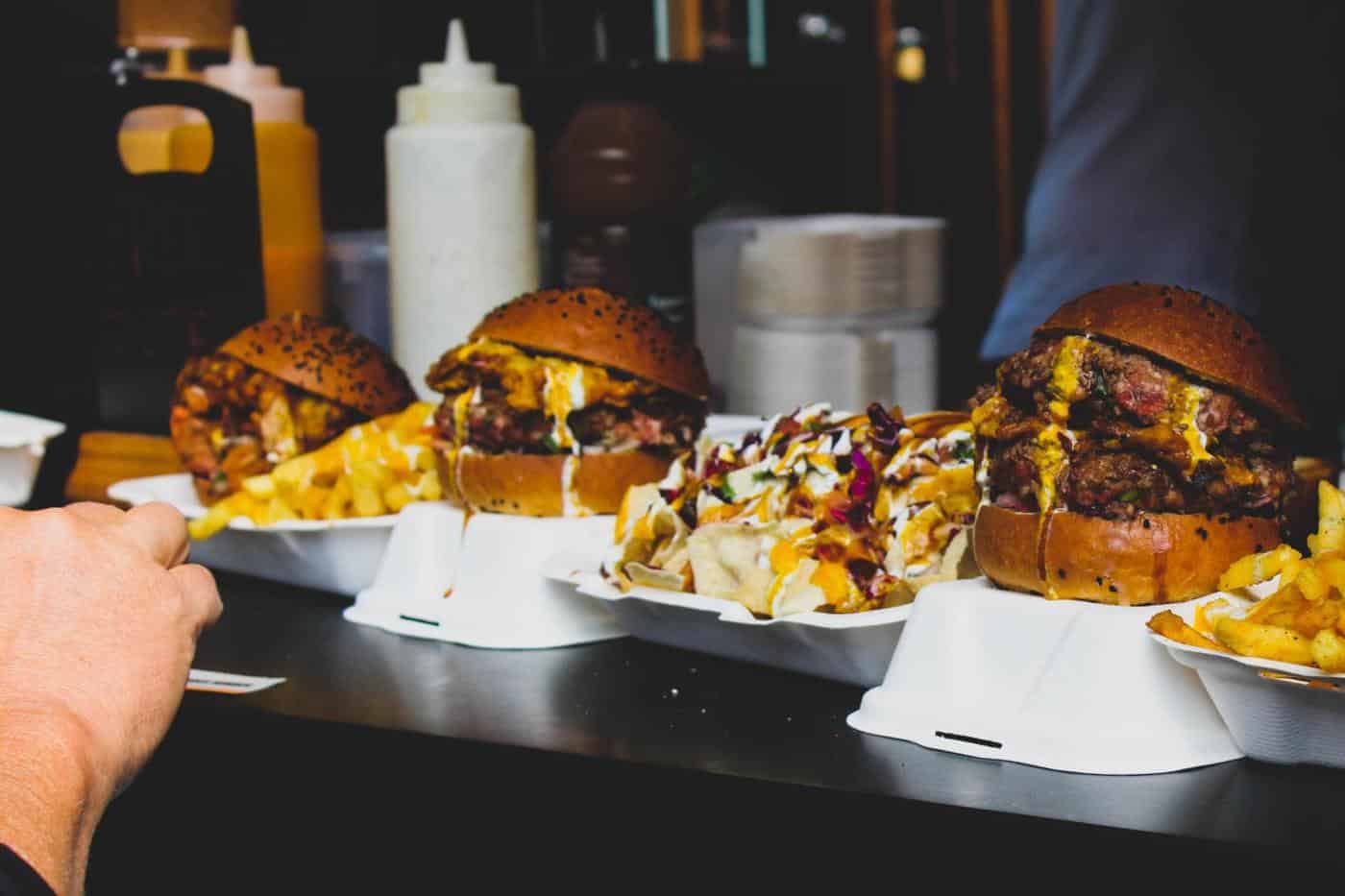

Until agriculture was developed around 10,000 years ago, all humans got their food by hunting, gathering and fishing. Hunting was a natural way to harvest food that would sustain villages. We have moved away from rural areas and into urban suburbia. We have therefore become more removed and detached from the food that we’re consuming. Whole, organic diets have been replaced by processed foods and correlating illnesses.
Modern society has provided easy access to grocery stores and restaurants. This weakens our connections to nature and the overall origins of our foods. However, there is a rise in disease-related illnesses due to obesity, diabetes, heart disease and overall unhealthy lifestyles. People are beginning to take a closer look at what they’re consuming.
The Locavore movement has risen in popularity over the recent years. A Locavore is defined as “a person whose diet consists only or principally of locally grown or produced food”. Often, hunting (locally) goes hand-in-hand with this movement. It ensures Locavores can have access to foods they enjoy while staying true to their farm-to-table convictions.
The Paleo Diet
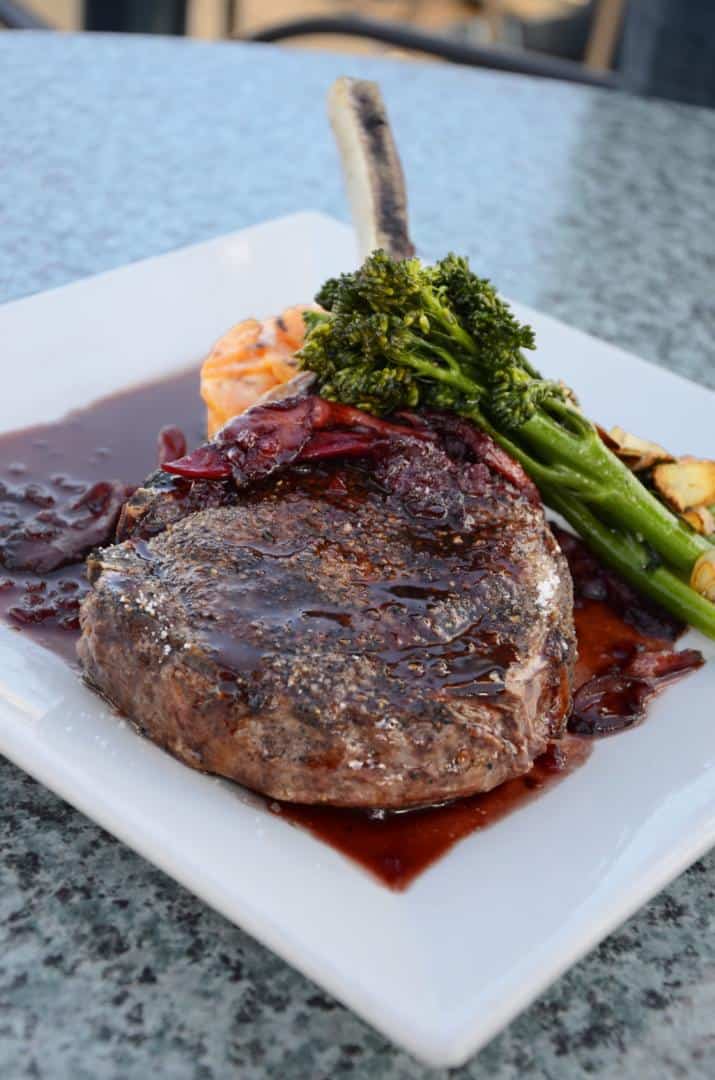
Another fad diet that has had an impact on the world of hunting has been the Paleo Diet. The dieter consumes foods presumed to be the foods consumed by humans during the Paleolithic era. Essentially, anyone who follows this diet eats organic, whole foods and avoids any and all processed foods. They would only eat what can be hunted and gathered such as meat, nuts, vegetables, fruits, seeds, herbs, spices, healthy fats and oils and
This diet has made people take a closer look at where their food sources (specifically meat) are coming from. By cutting modern foods from their diet, it removes the processed food and replaces it with nutritional food.
The meat in this diet must be grass-fed for nutritional reasons which are that it has a better fat quality. They contain more antioxidants and vitamin K2 (important for heart and bone health) and conjugated linoleic acid. Perhaps this diet hasn’t sparked a dramatic increase in hunters, but it has generated more conscious decisions about where meat is sourced from. And the most organic, free-range meat you can consume is that which has been hunted.
Our Relationship with Food
Hunting provides a way for us to change our relationship with food – meat in particular – and reclaim our closeness with the food chain. Women typically continue to dominate the household food and nutrition decisions consequently adding to the interest and overall rise in the hunting industry. With more information coming to the forefront regarding the implications of processed food, they want to know where their food is sourced.
When the meat you are consuming was hunted, it’s safe to assume that the animal lived a good, healthy life. The animal was not given antibiotics and was harvested in a humane way. It also teaches kids to respect and appreciate their food and not be wasteful.
Hunting and Conservation
Hunting is a large contributor to the conservation efforts, more than any other group in society. Millions of dollars are spent each year on the purchasing of licenses and permits contributing to wildlife conservation.
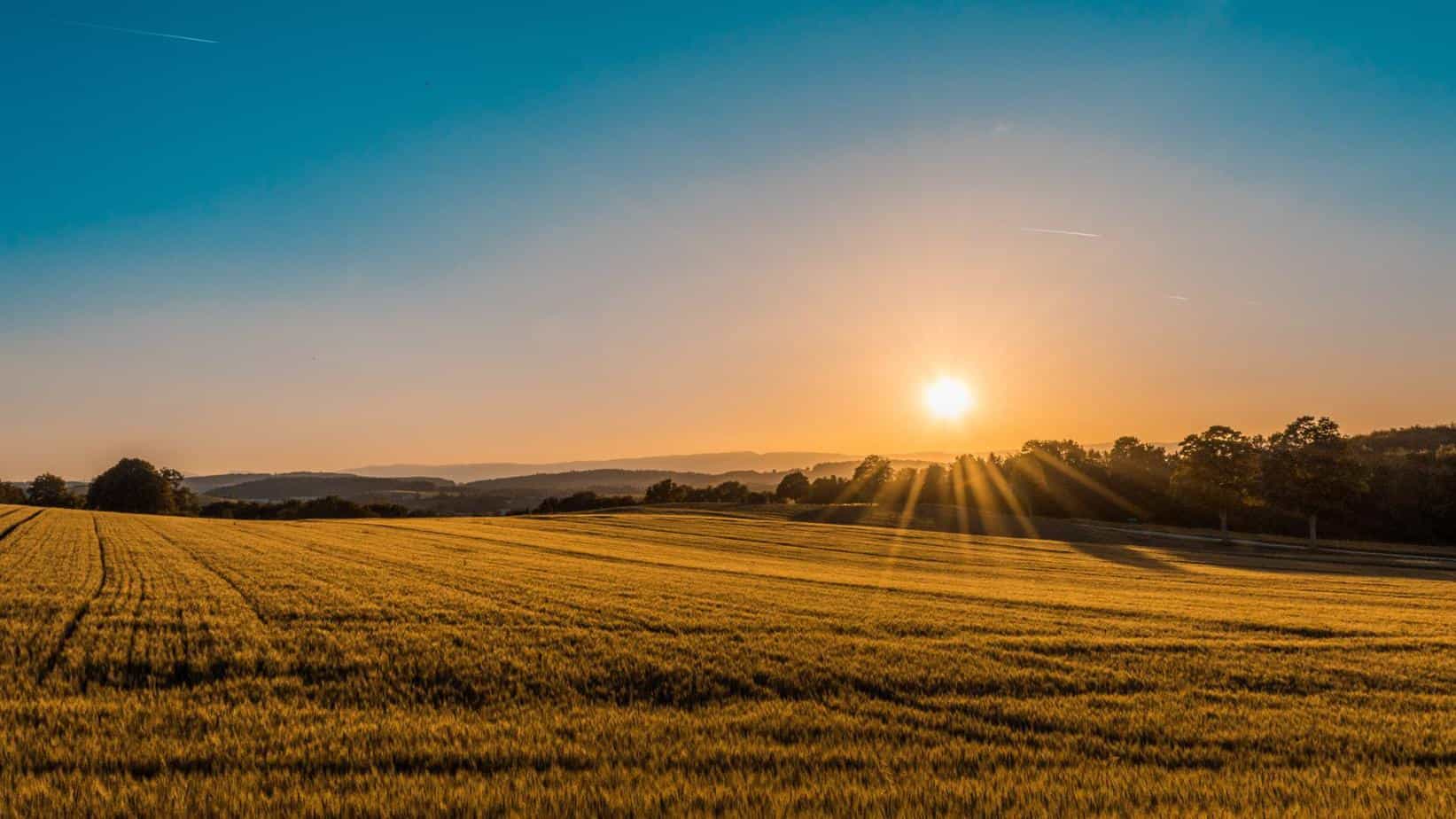
Funding from these hunters has helped many game and non-game species recover from dwindling populations. This has subsequently positively impacting the ecosystem as a whole. Hunting receives bad press due to how the kill can oftentimes be glorified by the hunters. As non-hunters we aren’t always privy to the conservation and sustainability efforts that are attributed to the practice of hunting. Not only are hunters much more connected with their food, they have a deep respect of where it comes from.
Sustainable and ethical hunting has been around for thousands of years. For many, it’s a way of life, something their family passed on from generation to generation. For others, it’s a practice they learned on their own. Like any controversial topic, there will always be opposing opinions. It’s truly up to you to uncover your own truths by researching it. Through my own research, I was able to learn and uncover concrete facts about this historical tradition of harvesting food.
When hunting is done in an ethical way for sustainability purposes, it’s the most humane for the animal and the most organic for consumption. Hunting is a wildlife management tool. It helps to keep the balance in habitats and sustains families with healthy, nutritious food.
